Out of all the sports anime I’ve seen in my recent obsession with the genre nothing has been as hyped as Haikyuu! And for good reason; it’s not just about the sport here. Haikyuu! is filled with characters and stories that have their fandom fully invested. When it first came out, I didn’t expect it to be much. Rarely did sports anime catch my eye, but Haikyuu! quickly became a revolution on its own. Since then, we’ve had sports anime transformed.
Which, again, is so odd. In the end, it wasn’t trying to change the landscape or anything. Even the name for Haikyuu! isn’t some kind of special message, it just means Volleyball in Japanese. Aka the sport that is being played in the anime. And yet, it’s become something so special and iconic that you can’t associate it with anything else but the franchise. Imagine co-opting an entire sport and globally making a trademark of an anime series. But I think that just goes to show the impact Haikyuu! has had on sports anime in general.
Sports anime has become so much more intricate from the days of something like Slam Dunk. Back then, it was all about the sport itself. The central theme of sports manga in general used to be around the competition of it all, trying to be the very best. And in a way, we’ve seen that same ideal come back with the recent success of Blue Lock. But Haikyuu! ended up showing us a different side of sports: the teamwork and experiences you gain along the way to becoming the best.
It’s about loving the sport itself so much, the passion that drives someone like Shoyo Hinata into going out of his way to be part of said sport. And the journey that passion takes us on with him. Haikyuu! has become so much more than what it started as. And it’s a phenomenon that I wanted to dissect today. So, what is the meaning of Haikyuu! and its success? Let’s dig into it!
Table of Contents
Haikyuu!: More Than Just A Sports Anime
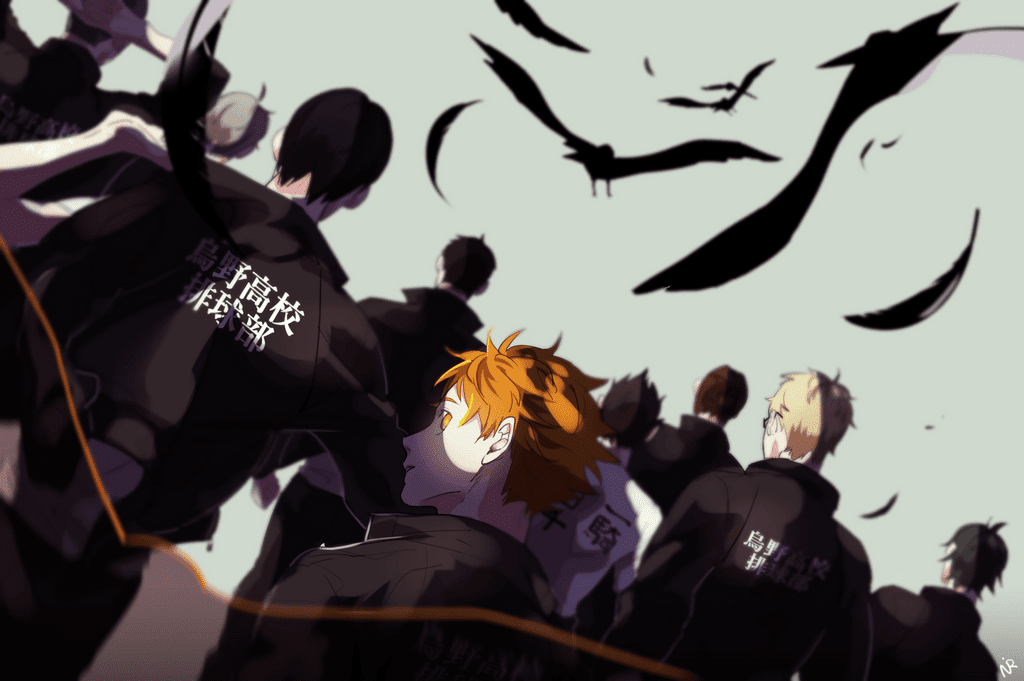
I remember when the very first episode of Haikyuu! aired back in 2014 and we got to meet this gangly little kid, Hinata, who gathered a team for a Volleyball match, despite being the only one really into the sport at his school. And he ended up facing Tobio Kageyama, a rumored ‘King Of The Field’ for his prowess at the sport. So, he proceeded to get pummelled by Kageyama’s team. Rightfully so.
Because passion alone isn’t enough to make you the best. And no one is born a prodigy, not even Hinata. And that’s what Haikyuu! portrays a realistic look into how the world of Volleyball works. But it does that with the added benefit of a genuinely compelling story, with characters that practically beg for your emotional investment in them. You see, Haikyuu! isn’t just about flinging a ball around, it’s a story that connects all these different characters, with varying playing styles and rivalries, and how they come together for the love of the sport.
It’s exhilarating, as a sports match should be. Hell, it even stays pretty accurate in its portrayal of volleyball in general, explaining things like jargon or rules to the audience. And yet, it never feels stale or cold. There’s just something heart-warming about Haikyuu!, and it’s become the standard.
How Sports Anime Have Evolved Over The Years
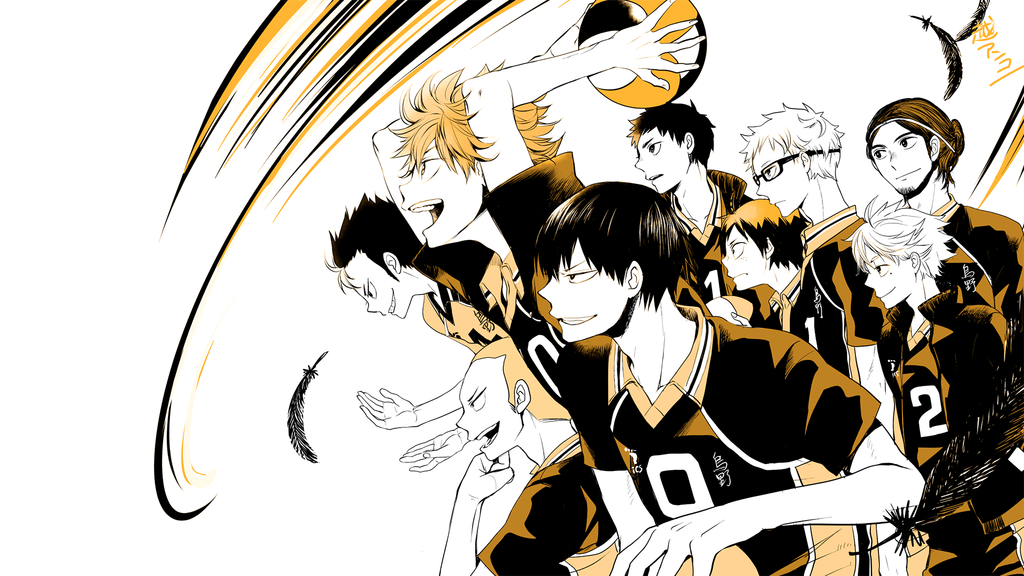
With how popular Haikyuu! is, it just means sports anime in general has become a major in the industry. With Haikyuu!, we saw an emphasis on teamwork and the relationship between characters. And that has been emulated multiple times ever since.
Think Free! with its focus on friendship or Yuuri! On Ice, that went on to become popular amongst actual Olympic ice skaters because of how good it was. No longer was it about being the best. That is still an aspect of it, of course. I mean, what are sports without competition? But it became so much more as well. Yuuri! On Ice ended up tackling issues like performance anxiety and how giving it your all is what mattered. Sports anime became more casual and more intimate with its character portrayals.
Overall, sports anime, just like regular ones, have so much variety now. There is something out there for everyone. And I’m glad to see how inclusive it has become.
Prev Post
Next Post

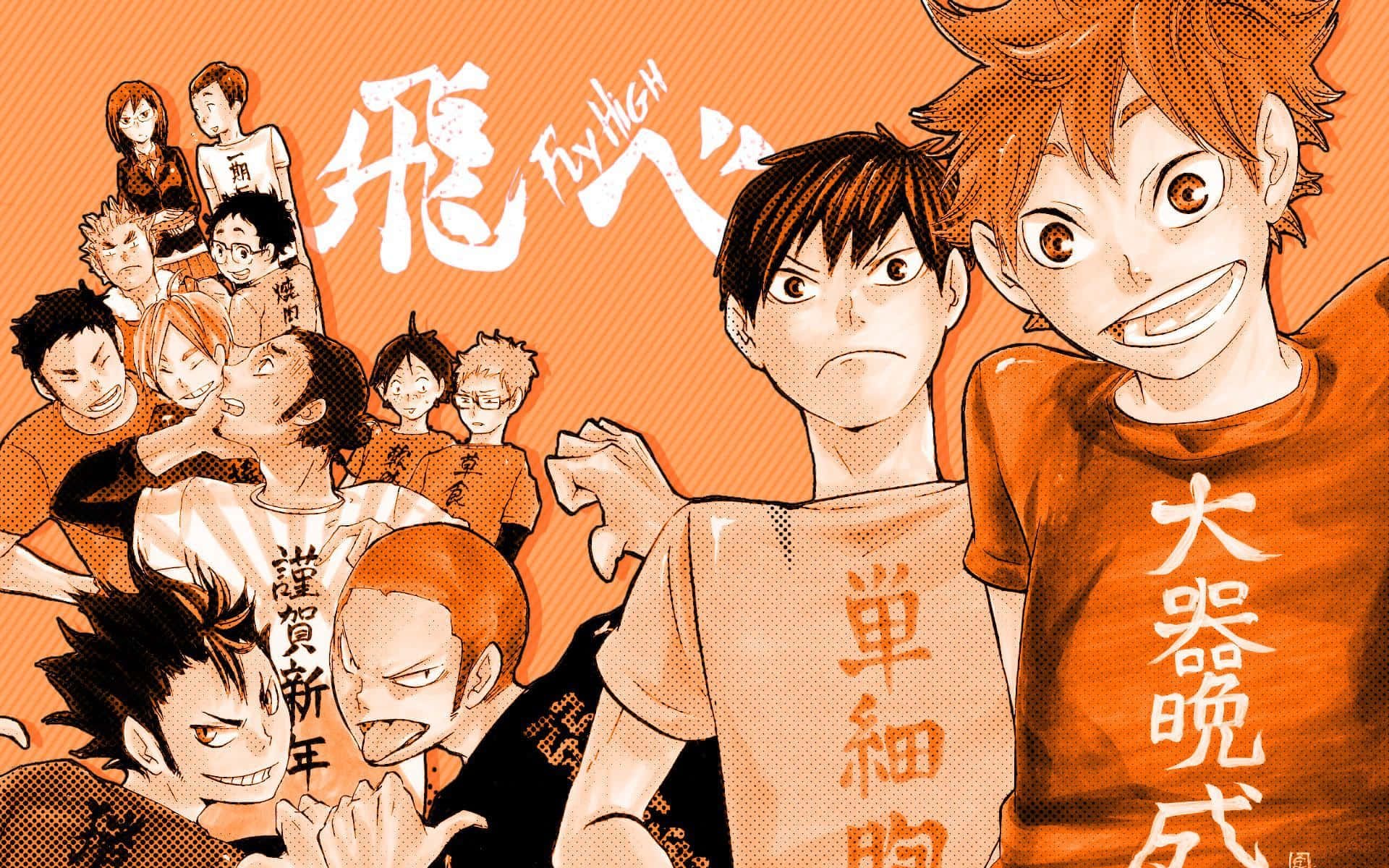










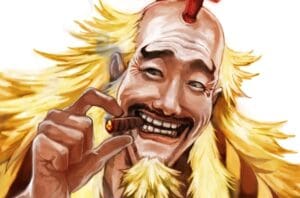




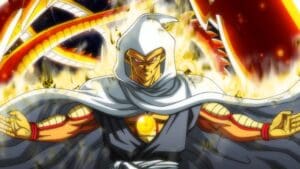
What do you think?
It is nice to know your opinion. Leave a comment.